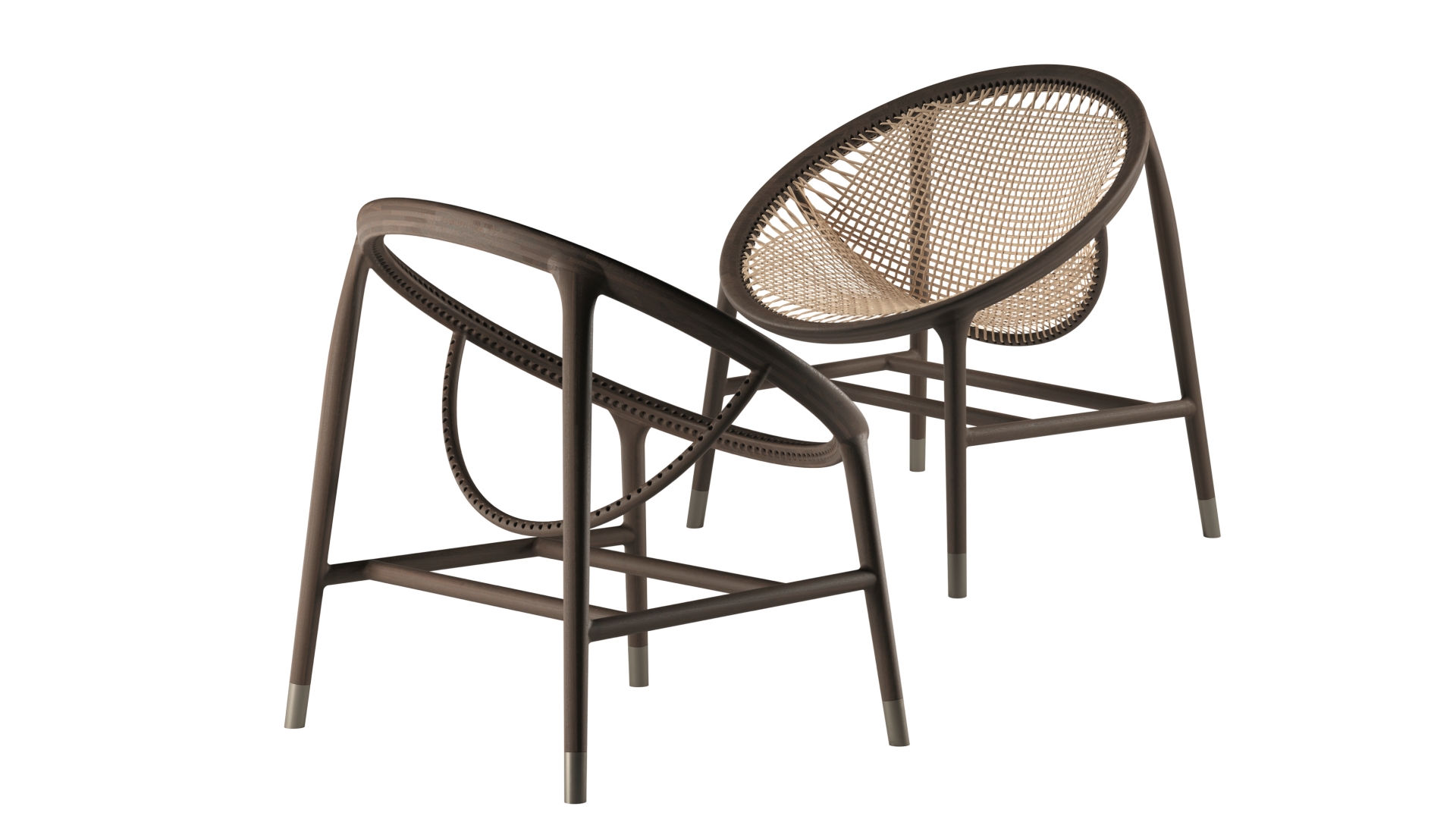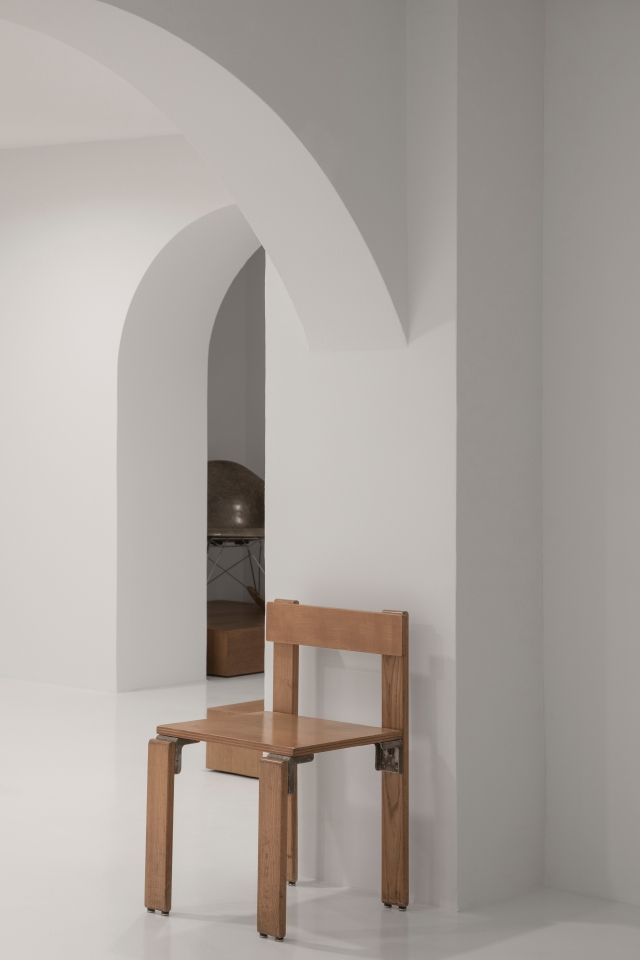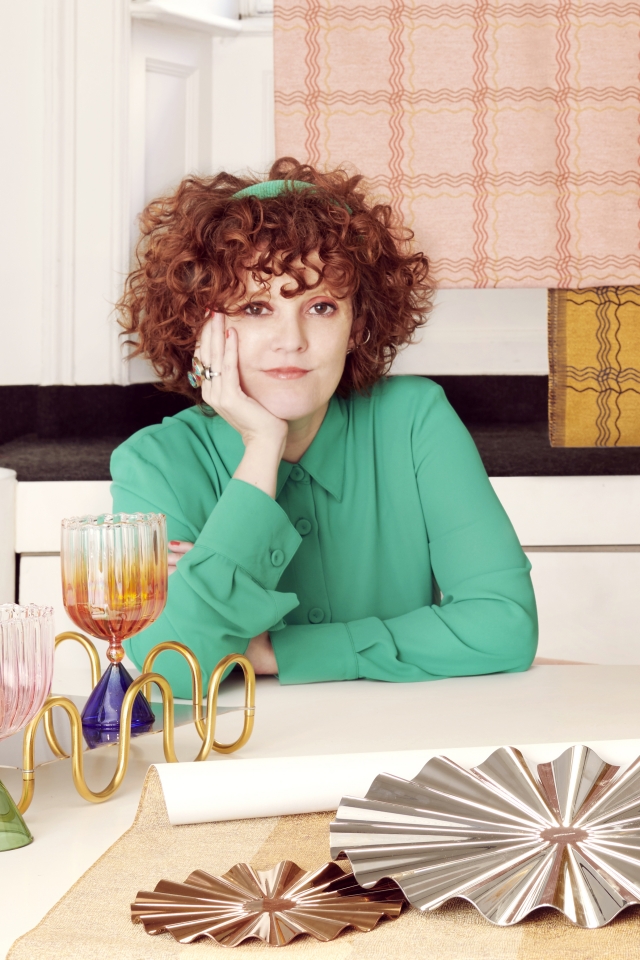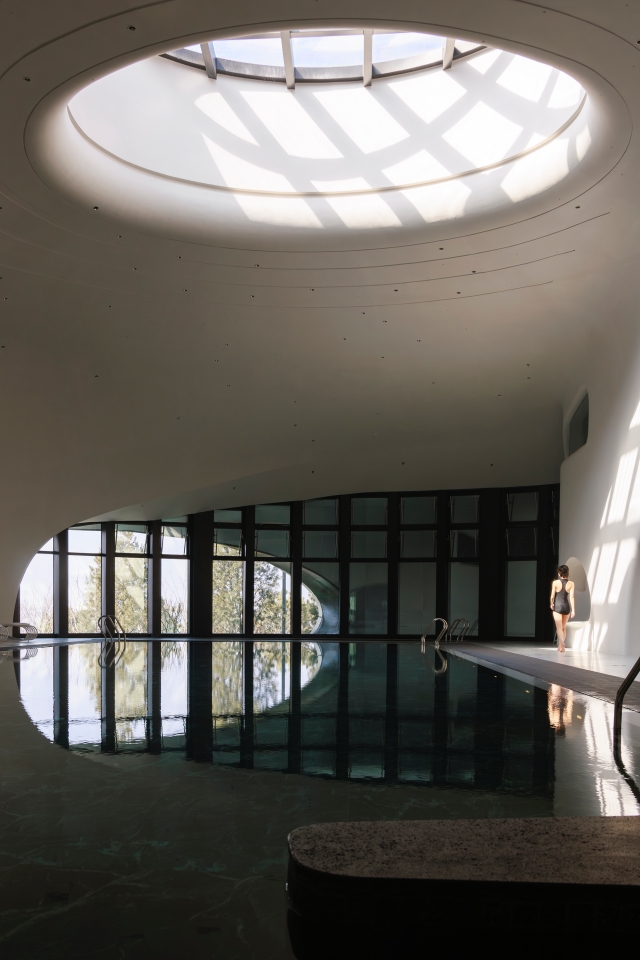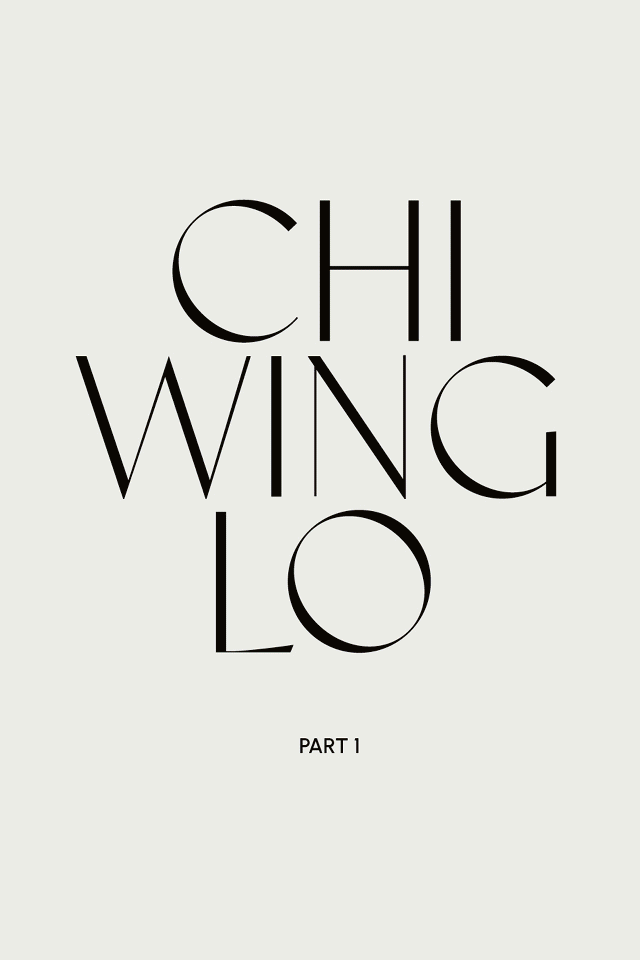Tune in to our podcast, The Art of the Conversation, to hear the second part of our exclusive conversation with Chi Wing Lo. For Part I, please listen here.
Emily Leung (EL): You’ve been educated in the West - you did your architecture degree at the University of Toronto and then your masters in architecture at Harvard University. From your experience, as a student and as an educator (when you taught in many universities), what do you think we can learn from them to enhance our teaching curriculums in Asia, especially in the fields of art and design?
Chi Wing Lo (CWL): I think looking back from youth to my time in university, and now coming to this part of the world, I feel education has been somewhat misunderstood in general - in that we learn a skill to survive. Most subjects that are taught today are in different fields, so you have to be doing this, to learn a living. I’m not so sure that this is education. I think education eventually comes back to the cultivation of your soul – who you are, what you can do, your strengths, your weaknesses. And understanding yourself. And then your whole life is in one direction – you think, because everyone is going there so I’m going to go there. I believe education is to understand yourself, and in that understanding how you situate yourself. Maybe there should be a general education on top of all the special education – I think that without that, we are just learning a skill. It’s to understand your shortcomings and help you to do something you cannot do. It’s a process of self-understanding. So I think it’s a self-measuring process in life, education.

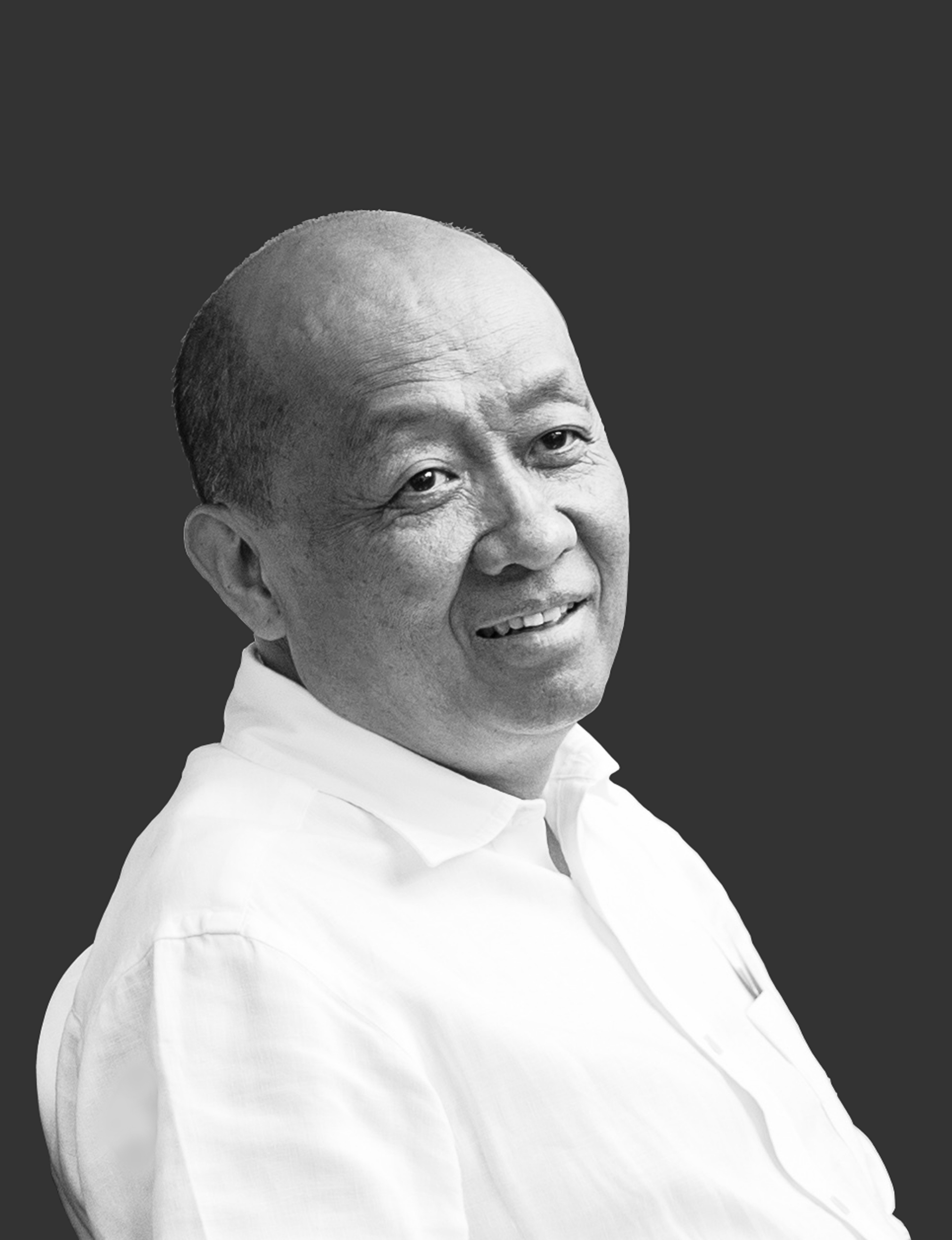

EL: So in the West, do you think they get that balance better?
CWL: It depends on who you run into, which professor. For education, especially in the USA, you have to assume there is no right or wrong. There’s a hypothesis and you have to prove it. People are very frightened, and think a certain thing and then spend their whole life process is trying to prove it. I think the dynamics have to play out. When I give talks/ interact with students, they ask me, do you think this is the right direction? And I’d say, every direction can be the right one. Prove it. So education is also to prove something that you believe in.
EL: Indeed, the greatest teaching is to educate a student to believe and self-reflect.
CWL: Yes! In the traditional way, there’s master and apprentice. The master is absolute, he’d say, there’s only this, this this… there’s no other way. It’s teaching an experience to other people. Coming from Greece, I kind of sense that the human mind is shaped from history, from philosophy, and you believe that every individual has his own power, his own uniqueness and education becomes bringing out the potential in each individual. Maybe that’s like going back to my case. If I was to measure myself at that time, I was very behind in time because time became a pressure to exert on myself – in that I must finish this by this age, etc. Once I got released from the confines of time, then possibilities are unlimited. I can finish my kindergarten when I’m 85, theoretically. When time is no longer a hurdle for you, you take your time to think, to walk slower, but calmer - there’s a lot of things you can do when you aren’t pressed. You’re also free from that standard. In order to be a doctor, you must do this or this within a certain time. But once you free yourself from those constraints, then you don’t have that hurdle. The interesting thing is that once you free yourself from that, everything in whole world seems to be possible. Everything is possible, just prove it. When that obligation of time disappears that’s a real sense of freedom.

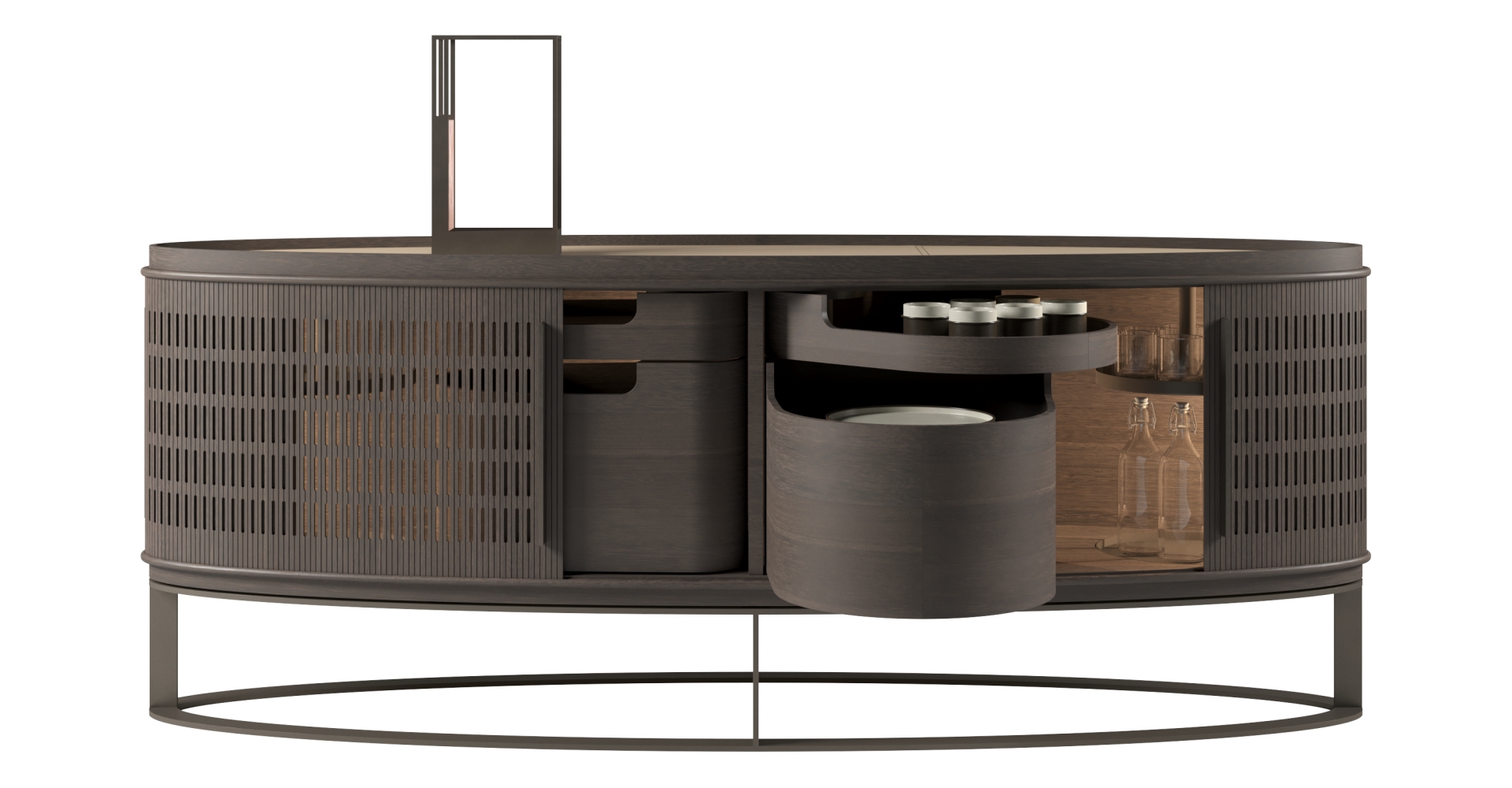
EL: I know you have two children, who followed in you and your wife’s footsteps and also studied architecture. What aspirations do you have for them?
CWL: I think they didn’t really follow us – maybe they are naturally inclined in their way of life, their way of thinking. Or maybe they are with us since babyhood up to now – they get influenced, they have their sense of value so that’s why they are who they are now. It’s exactly the kind of freedom they have – once you are clear, then you aren’t worried about those constraints and you set yourself free. From our relationship as parents, I have to say it’s also luck for us as parents; everybody raises their children with milk, sends them to school, try everything they can but yield very different results. So for this, I must say if it’s not luck, I don’t know what it is. Not just in Hong Kong but everywhere in the world – everyone tries their best to raise their children. We are no exception - you worry about them, scared they’ll fall, you bring them to school, you feed them. You take the time to do things with them that will help them focus and ignite their interest. Rich families do this as do poor families, but how come the results are so different for every child?
EL: There’s no universal formula definitely.
CWL: Exactly. But I think if you talk about aspirations, me and my wife are always so grateful. That if you call this luck then, there’s no other thing to say that we can really explain. Some people call this genes, hmm, yes or no. My genes come from my parents, and they are very different from me. They even forgot to send me to school, (laughs). And I’m sure there’s a certain continuity/ certain elements. Even if you exist alone - there’s no other people in this world, I still believe that where you walk, which tree you meet, which tiger you meet, its metaphysical that sometimes you cannot explain these things.
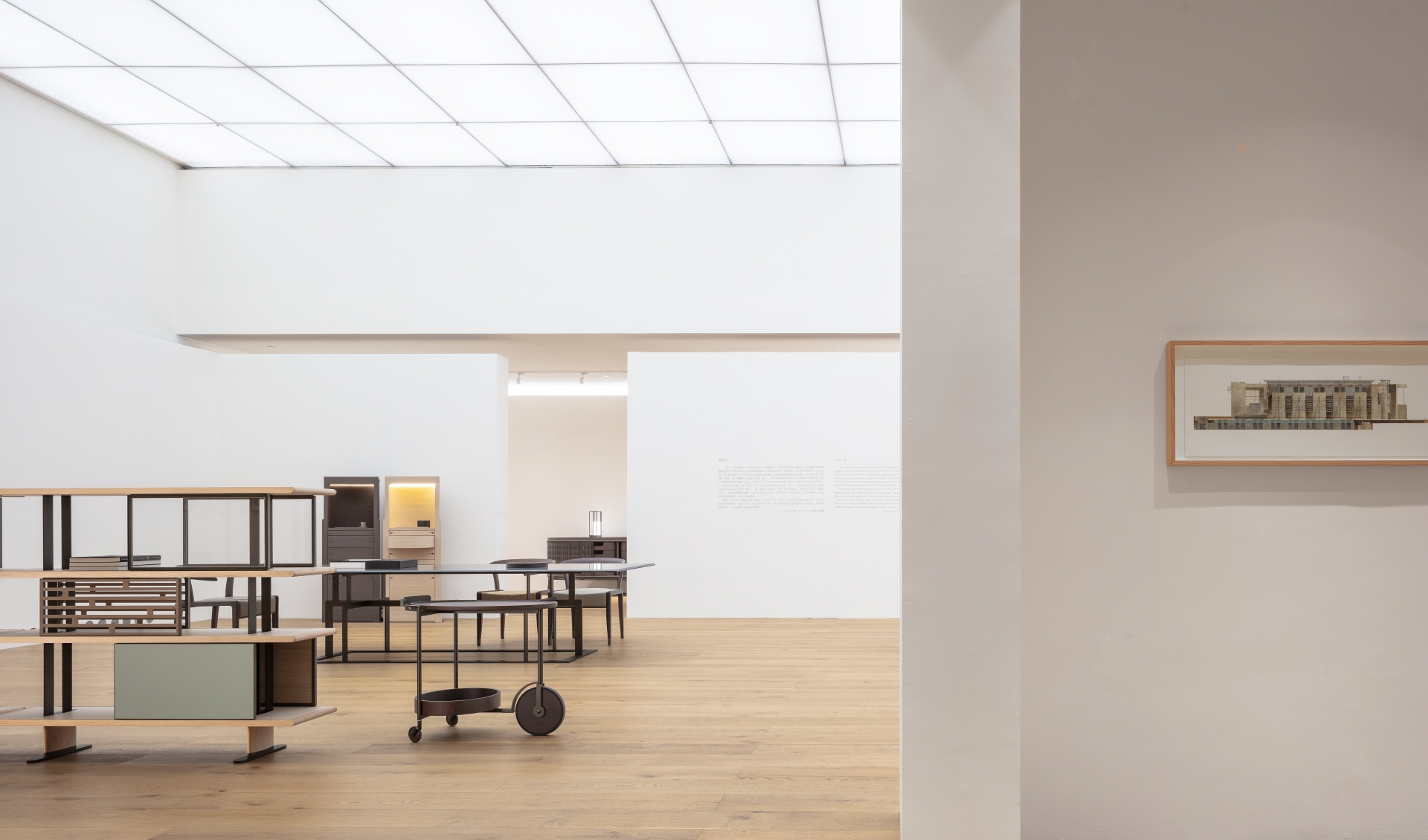
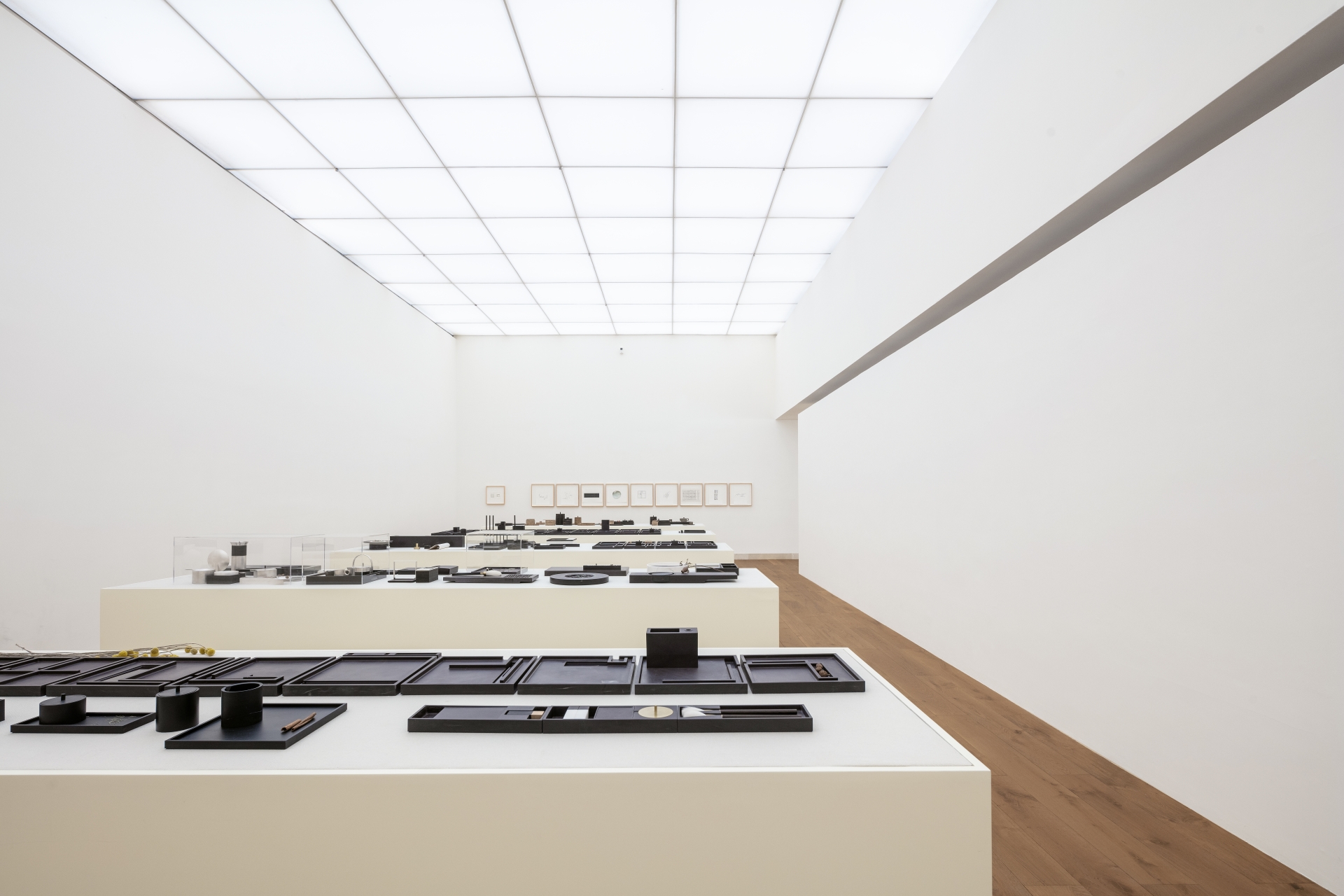
EL: What strikes me is how close you guys are.
CWL: You reminded me, the age difference between myself and my wife is the same difference as my son and my daughter, six years. I think the closeness is beyond just being a parent – the parent plays the role of a parent, but we also have to play the role of someone else, as an outsider, as a friend. Or sometimes, do we challenge them or fight them? By taking very different roles, they actually enrich themselves with you and the situation. Or sometimes you permit something that nobody permits. Or you go against something that nobody is against – this will create anger to the child or anger to those around them. Of course those decisions which my wife and I make will impact them. We know certain things that will hinder them, but even when we make certain decisions, we aren’t so sure. And then there are some things which are good but only because everyone says they are good…
EL: I think as parents we can only try our best.
CWL: Yes, we can spoon feed to best we can (laughs).
EL: I’m very happy for you, as I know your son is getting married soon?
CWL: He’s in another stage of life, and he’s also marrying his classmate as well, like me. My wife was also my classmate.
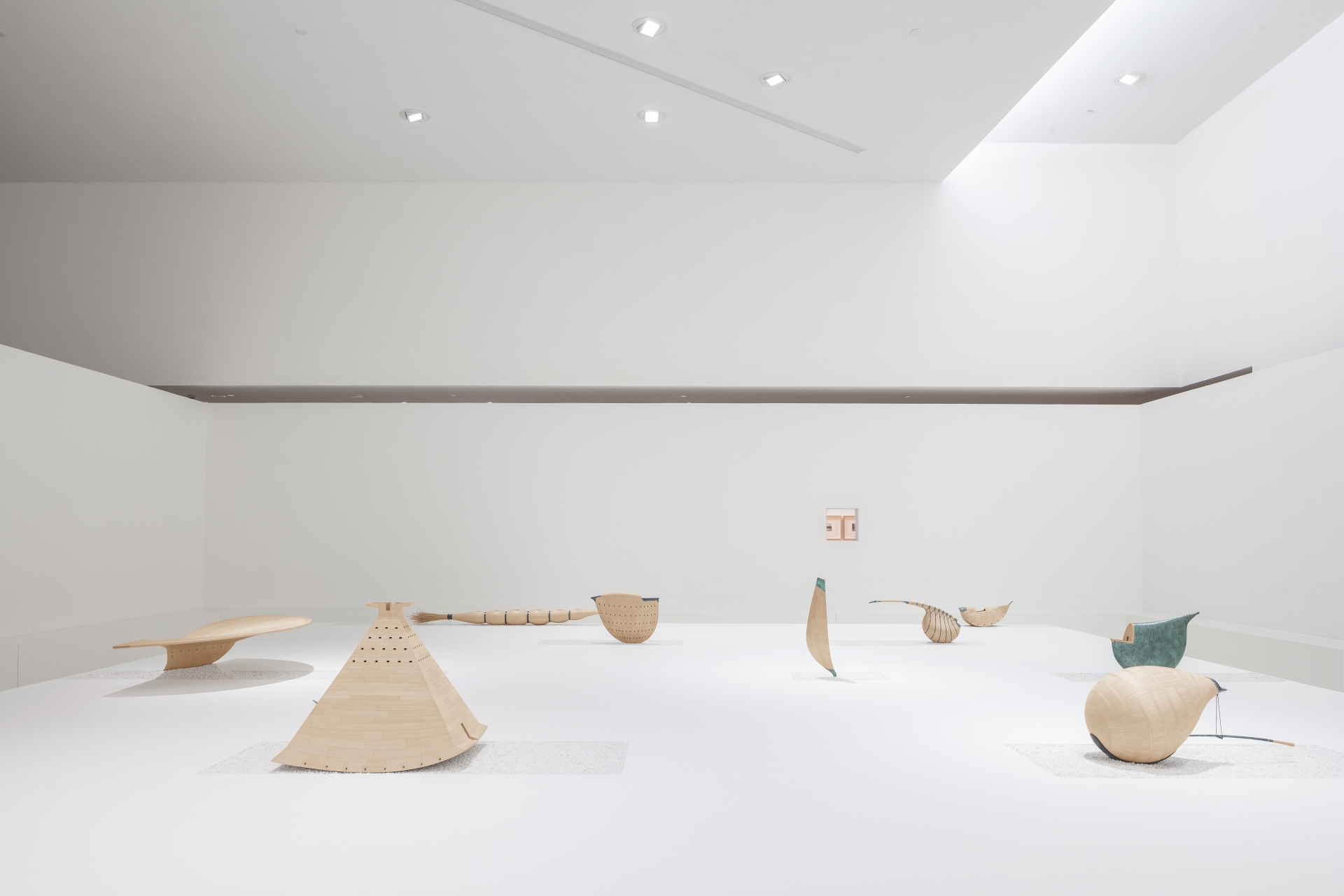
EL: You and your wife met in Canada and went to Harvard together? When you graduated, you won the best thesis award, and then your son won it recently as well. You couldn’t even have planned that if you tried.
CWL: Maybe me and my wife are the past life of our children (chuckles). But of course it’s very moving. We never expected, and maybe because we don’t expect, we don’t create a kind of pressure on them. You must do this do this do this, no. We never give instructions to them like that. That’s why all the things they encounter become a conversation we can talk about and explore – they have their opinion, we have our opinion. We are never absolute – maybe what the American education taught me is that don’t be absolute. But sometimes I feel worried, and one of the reasons that I worry about writing as book is because your thoughts are written down, then you have no excuse. I also believe that when you buy a new text book, the one you have is already outdated. I think writing your thoughts down in a way could be like that too. Of course you can say, you believed at that time and didn’t believe at that time so a book just crystallises those thoughts. But things that can withstand the test of time are very few, very little. More whether you want it to be timeless. Sometimes people live in the temporary, and they are very happy to be temporary. Or sometimes there are some temporary things that are beautiful, like music. It just passes. It’s like fog – Hong Kong is always raining so sometimes foggy, though not quite as foggy as Venice. I once wrote about fog and the poetry of fog – you can’t see clearly and you can enjoy the beauty of that. If everything is so clear, the world is not quite so exciting.
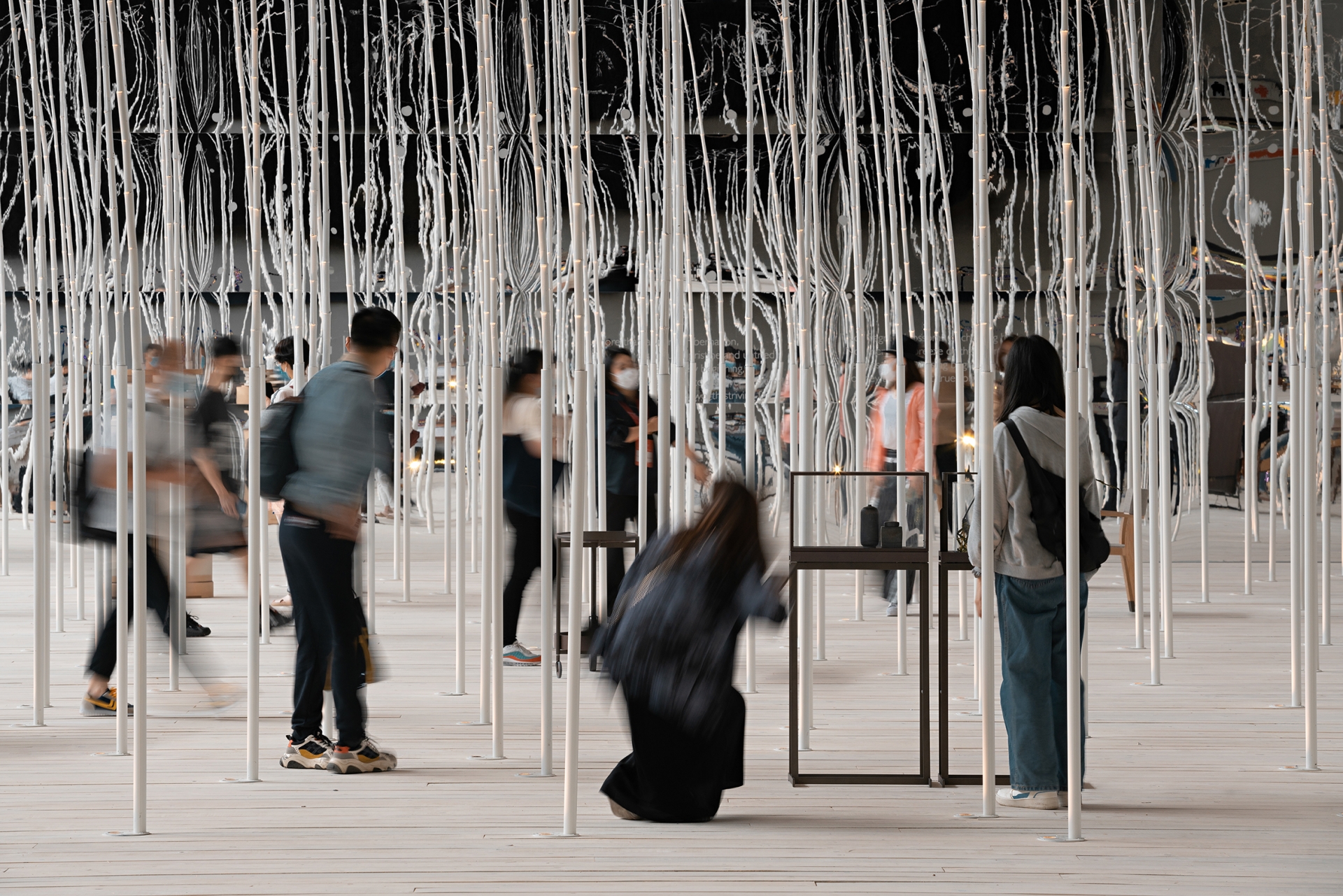
EL: On the topic of timelessness, a lot of your work transcends time. Is this always one of the starting points when you create?
CWL: I think it’s also an attitude which I have for things around me. I cannot stand things when they are broken, become useless, or following a kind of oblivion that is no longer relevant. It’s the antithesis of creation, it’s dis-creation. The moment you create is the moment you start to dis-create. Time is very cool, it’s very absolute, how you handle it. Sometimes you think, is there any place in the world you can hide away from time, where time cannot see me or time cannot find me? When you deal with time, you cannot be absolute as your life span is so minute in the domain of time. Some (creations) have lasted a century, others have lasted several centuries, some the whole of humanity and some measured by light years. So in terms of achieving timelessness, I will do my best. I want to make sure things are beautiful and technical. But for beauty to be timeless is something… I struggle with that one. To attempt of course, that’s quick satisfaction for me. If people see something as timeless, that’s a great satisfaction. If the next generation sees (the creation) as timeless, then there’s an even greater satisfaction. And a hundred generations later, if (that creation) it’s still there, then that’s amazing. Because timelessness is, in a way, trying to find the lowest lowest common denominator of mankind that we all share – whether that’s now or absolute, far far in the future or deep deep in the past. It’s impossible. But I think to set that goal is interesting. You may not achieve it. And that’s the beauty of a goal, that you might or will not achieve it. Like a movie, when they kiss, and the movie ends and that’s the most difficult to watch. It’s that suspense - that alone sort of lets that dream carry on.
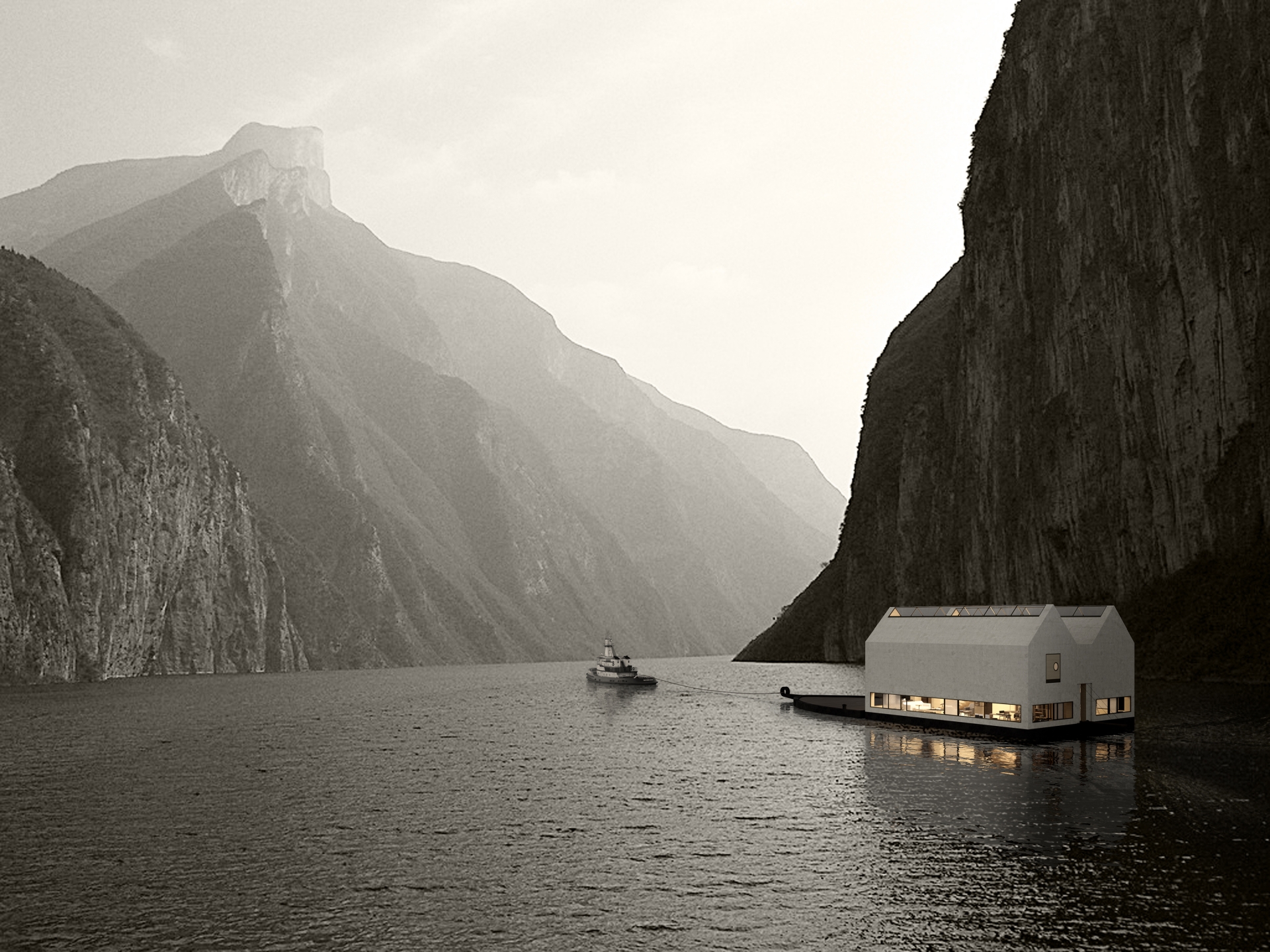
EL: Is that what excites you every day? Striving towards that goal?
CWL: Yes. I think the kind of things in front of me always have that attraction to lead you to something. More than being, self-determined in that I must do that. It’s people like you, friends, family, the world now, all the problems the world faces or all the happiness the world gives to us - all these are coming together to create a real sense of you or a real sense of me. Because where we exist is now. Boats are moving up and down the harbour, against the current or down the current. I can even see my construction site here and it’s unthinkable the time I left. Don’t even talk about 40 years ago, just think about 2 years ago? But I’m sure that if I’m not doing that, I’ll be doing something else because the process of selection, I have led it. It’s not a forced selection.
Many young people are think, I’m so good, how come no-one discovers me? That is today’s world, when the selection process has almost vanished. Because we are always advertising to others – look, I’m good! Not like before, when people who were good were discovered. And this is often my advice when I interact with a lot of people in China, I say, let yourself be discovered and that is truly your success. All this pushing yourself forward is artificial – it’s never a comfortable marriage of balance. You think today I’m 20, later I’m 40, and then 80… maybe, no one will ever discover you. It doesn’t matter, history will discover you. There’s nothing to be depressed about. Look at the scope of the world, not only in your time span. Maybe that’s what timeless is about - it’s a concept to understand.
Say when I make a piece of work in front of a producer, I say, 5000 years later, if this is broken, it still has to be beautiful. His reaction will probably be, what! Who cares about 5000 years later? It’s that whole concept of time… And it’s true – look at the Parthenon in the Athens – they made the stone not because they wanted us to understand what’s beautiful at the time. They worked with light, gravity, they work with earthquakes, and only using one material, they came up with that. And a few thousand years later, when it crumbles, it is not thrown in the garbage. Why? Because when it falls down, it reveals the intelligence of mankind at that time. Look at now when we have buildings that are demolished, we collect it all and throw it into the landfill. We don’t produce anything precious, we only produce garbage. So I think to be timeless is also a way that not only lasts technically as a substance, but to last as an idea, as a beauty.
